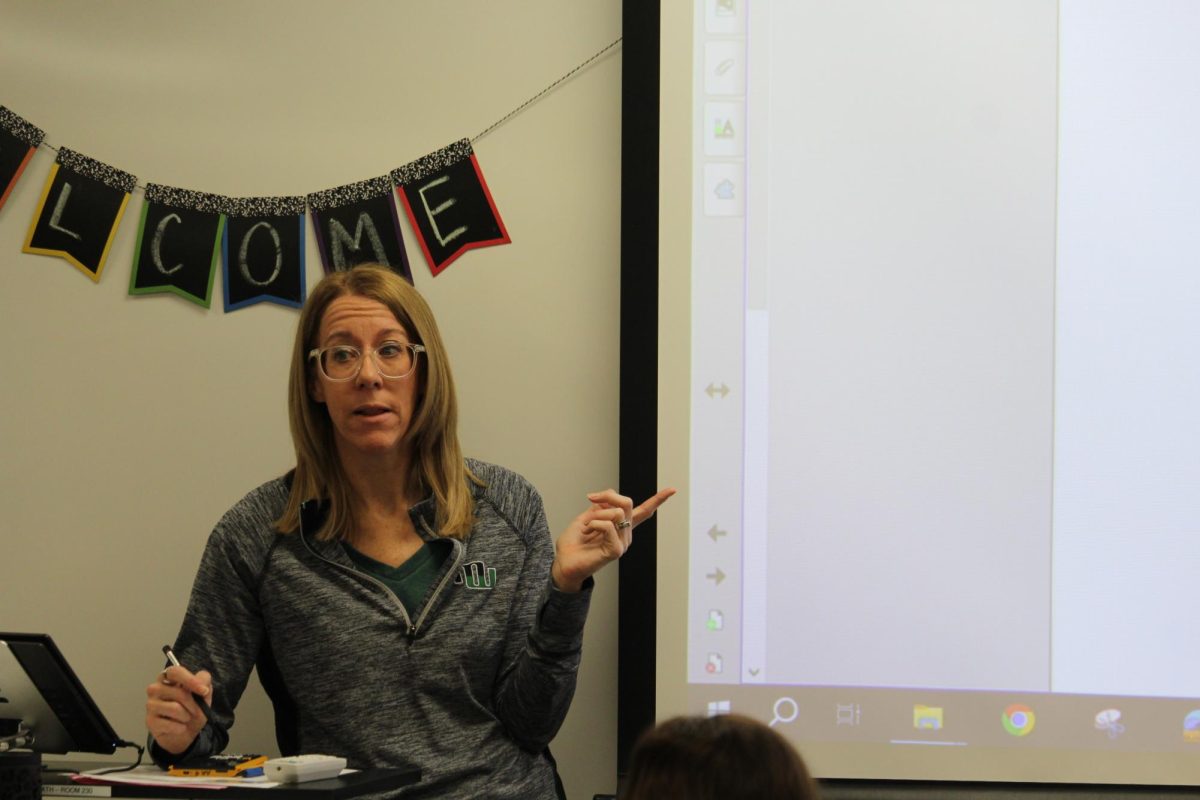Starting in the 2024-25 school year, the Millard math curriculum will be getting a full make-over, including new grad requirements, all-new math electives and a revised schedule.
One change that students may see during registration is the all-new Algebra courses. What was once one all-year class called Algebra I is now broken up into a two-semester course consisting of Algebra I and Algebra II. After passing Geometry, students will now take Algebra III and IV following the same two-semester schedule. A passing grade in all classes or alternatives is required to graduate.
Another change to the Curriculum Handbook is the addition of six new classes to fill your math electives. The new courses are Sports Math & Game Theory, Math in the Arts, Skilled & Technical Math, Trigonometry, Discrete Math and Math for Life.
Sports Math & Game Theory is a course based on field calculations and assessment of players’ skills. Math in the Arts, on the other hand, focuses on the construction of geometric artistic expressions and how to draw attention within an artwork. Skilled & Technical Math is a math course for everyone who wants to know, “When will I use this in real life?” The class teaches you everything you need to know about math in the technical field.
Trigonometry is less of an elective than it is an extended requirement as some colleges require applicants to have four years of high school math under their belt. Even still, for anyone who has a passion for mathematics and wants to pursue a career in it beyond college, Trigonometry is a must.
Discrete Math is designed for students who see themselves pursuing higher education in computer science and engineering. Students in this class will find how math influences code, and vice versa.
Finally, Math for Life is a course targeted towards the average high school student with little to no mathematical inclination. Instead of a deep dive into any specific area of math, Math for Life is a general class that prepares students for math they’ll encounter after graduation- places where many might think math shouldn’t be, like cooking or scheduling. Additionally, Math for Life prepares students for the real-world hardships that everyone is dreading. Stressful subjects like loans, mortgages and taxes are all covered in this well-rounded class.
At the end of the day, math can- and will- be found everywhere, so it’s best to get a head start on learning how to work with it before graduating. All of this information and more can be found in the 2024-2025 Curriculum Handbook, which you can read on the Millard West website.








